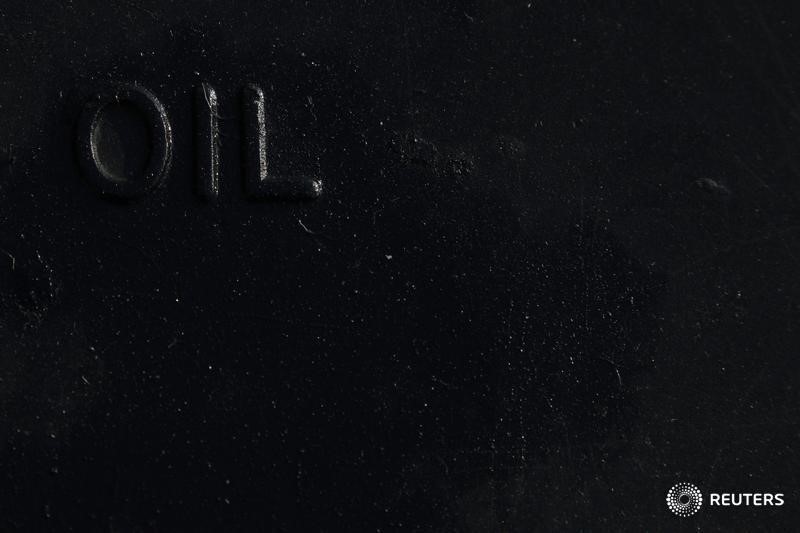Powell’s speech, Nvidia’s chips, Meta deal - what’s moving markets
LAGOS, April 29 (Reuters) - Nigeria's oil and gas exports
are expected to decline by at least $26.5 billion as the novel
coronavirus batters international prices and cuts fuel demand,
the International Monetary Fund said late on Wednesday.
Nigeria, Africa's largest oil exporter, told the IMF in a
letter requesting emergency financial assistance that the drop
in oil prices, which provide more than half of government
revenue, and the economic shocks related to the new coronavirus
left it with an external financing gap of $14 billion.
The IMF on Tuesday approved Nigeria's full $3.4 billion
request. In the detailed brief related to that decision,
released on Wednesday, the IMF warned that Nigeria remained
exposed to rising risks, particularly in oil markets.
"Rising unsold cargoes could also impact oil production,
which could decline further through OPEC agreed cuts or if
prices persist below production costs," the IMF said.
The country is seeking additional funds from the World Bank,
the African Development Bank, the Islamic Development Bank and
Afreximbank, the IMF said.
International oil prices have fallen sharply as lockdowns
aimed at stemming the spread of the virus cut global fuel demand
by roughly 30%. Nigeria is also in the midst of cutting oil
output in line with an OPEC agreement with other major
producers. In its request letter, Nigeria also outlined plans to allow
a "more unified and flexible exchange rate regime," to increase
its revenue to 15 percent of GDP and to move to cost-reflective
electricity tariffs by 2021.
It also said a new fuel price regime, outlined in March,
would permanently eliminate costly fuel subsidies. The subsidies
cost an estimated 10 trillion naira ($27.78 billion) from 2006
to 2018. International players, including the IMF, have long
pressured Nigeria to pursue all the goals outlined.
($1 = 360.0000 naira)
